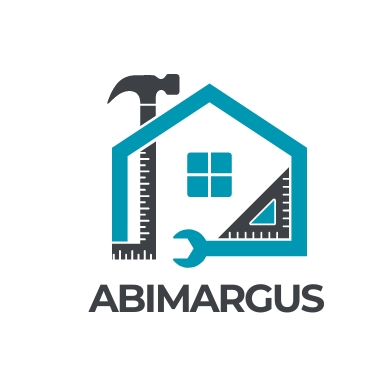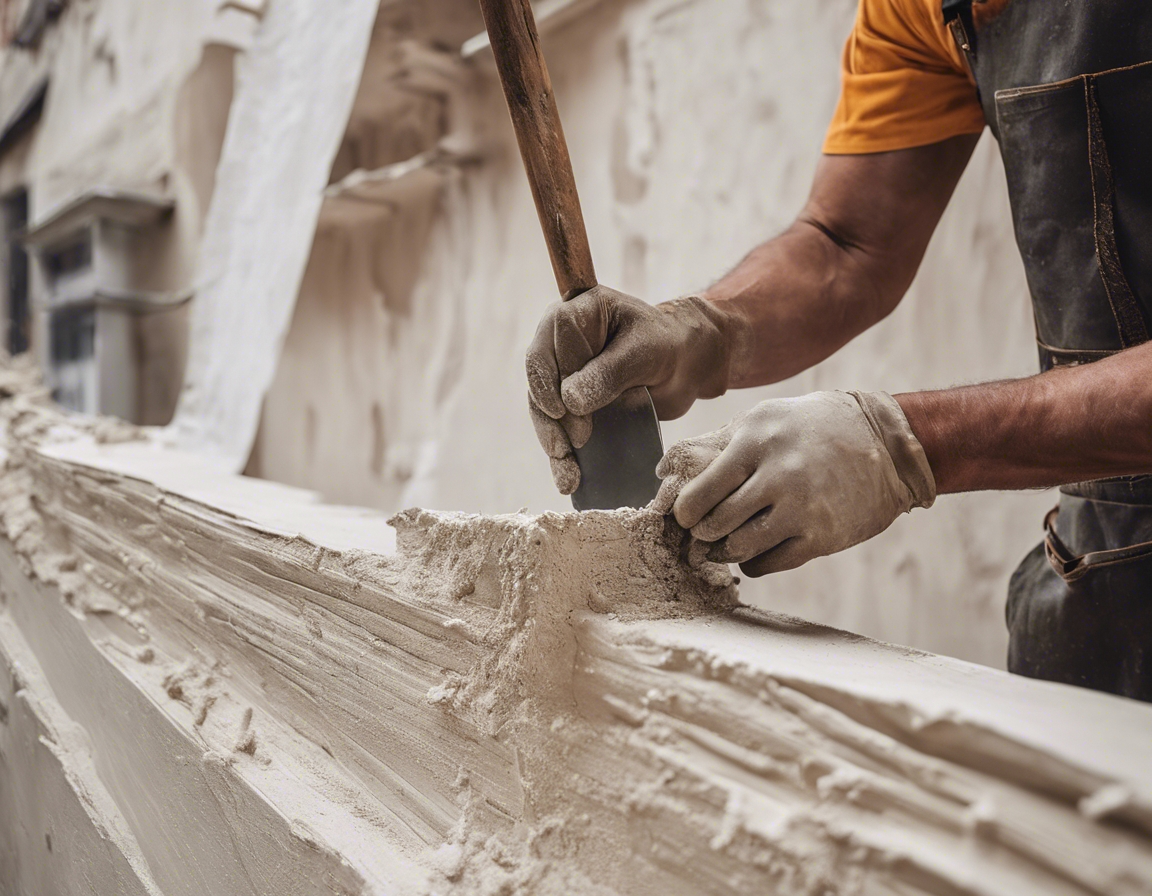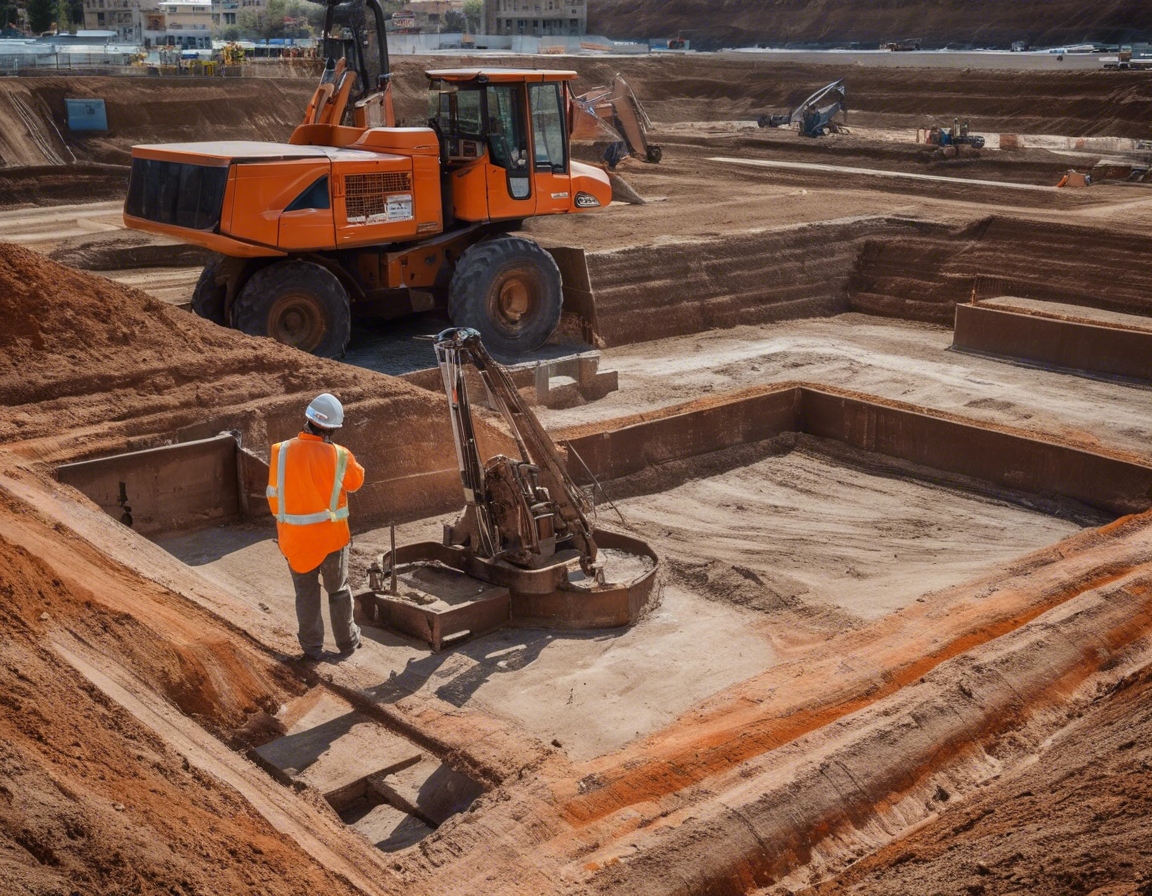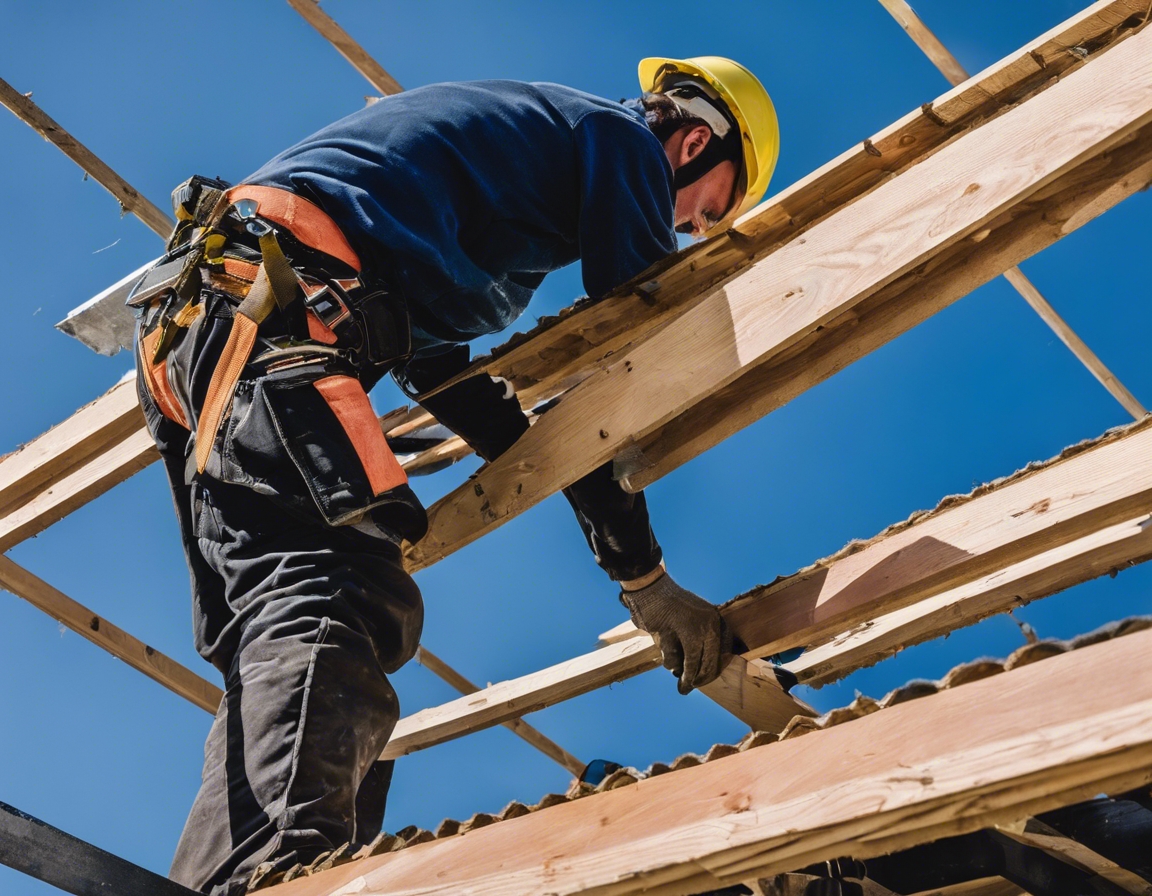5 trends shaping the future of construction
The construction industry is undergoing a significant transformation, driven by a combination of technological innovation, environmental concerns, and evolving customer expectations. As we look to the future, several key trends are emerging that are set to reshape the way we build. In this post, we'll explore five trends that are shaping the future of construction and how they may impact homeowners, real estate developers, and commercial property managers.
1. Sustainable and Green Building Practices
With a growing emphasis on sustainability, the construction industry is focusing on integrating energy-efficient designs and renewable energy sources into new buildings. This includes the use of solar panels, wind turbines, and geothermal systems to reduce the carbon footprint of buildings.
There is an increasing demand for materials that are environmentally friendly, such as recycled, reclaimed, and sustainably sourced materials. These practices not only help in conserving natural resources but also minimize waste and pollution.
Green certifications like LEED, BREEAM, and WELL are becoming more prevalent, setting the standard for sustainable construction and providing a benchmark for the industry.
2. Technological Advancements in Construction
Building Information Modeling (BIM) technology is revolutionizing the planning, design, and management of construction projects. BIM facilitates better collaboration among stakeholders and can lead to more efficient and accurate construction processes.
Prefabrication and modular construction are gaining traction as they offer the benefits of reduced construction time, less waste, and improved quality control.
The use of drones and robotics in construction is increasing efficiency and safety on job sites. Drones provide valuable aerial perspectives for surveying and inspections, while robotics are being used for tasks such as bricklaying and concrete pouring.
3. Increased Focus on Health and Safety
Advanced safety equipment and wearables are being developed to protect workers from hazards on the construction site. These include smart helmets, exoskeletons, and high-visibility clothing embedded with IoT sensors.
There is a heightened focus on training and protocols to ensure worker safety, including the use of virtual reality (VR) to simulate hazardous situations for better preparedness.
The construction industry is also recognizing the importance of mental health, with initiatives aimed at reducing stress and improving the wellbeing of workers.
4. Smart Buildings and Automation
Smart buildings equipped with IoT devices and building management systems are becoming more common, allowing for real-time monitoring and control of building operations.
Innovations in materials science, such as smart materials that respond to environmental changes and self-healing concrete, are expected to have a significant impact on the durability and maintenance of buildings.
Automation is not only changing the way buildings are constructed but also how they are maintained and operated, with robots and AI being used for tasks such as cleaning and security.
5. Evolving Construction Business Models
The construction industry is moving towards more collaborative business models, with contracts and partnerships that emphasize shared goals and risk management.
'Construction as a Service' is a new approach that offers construction services on-demand, similar to software as a service (SaaS), providing flexibility and scalability to clients.
Finally, there is a shift towards customer-centric approaches in construction, with companies focusing on delivering personalized experiences and solutions to meet the unique needs of each client.






Comments (0)